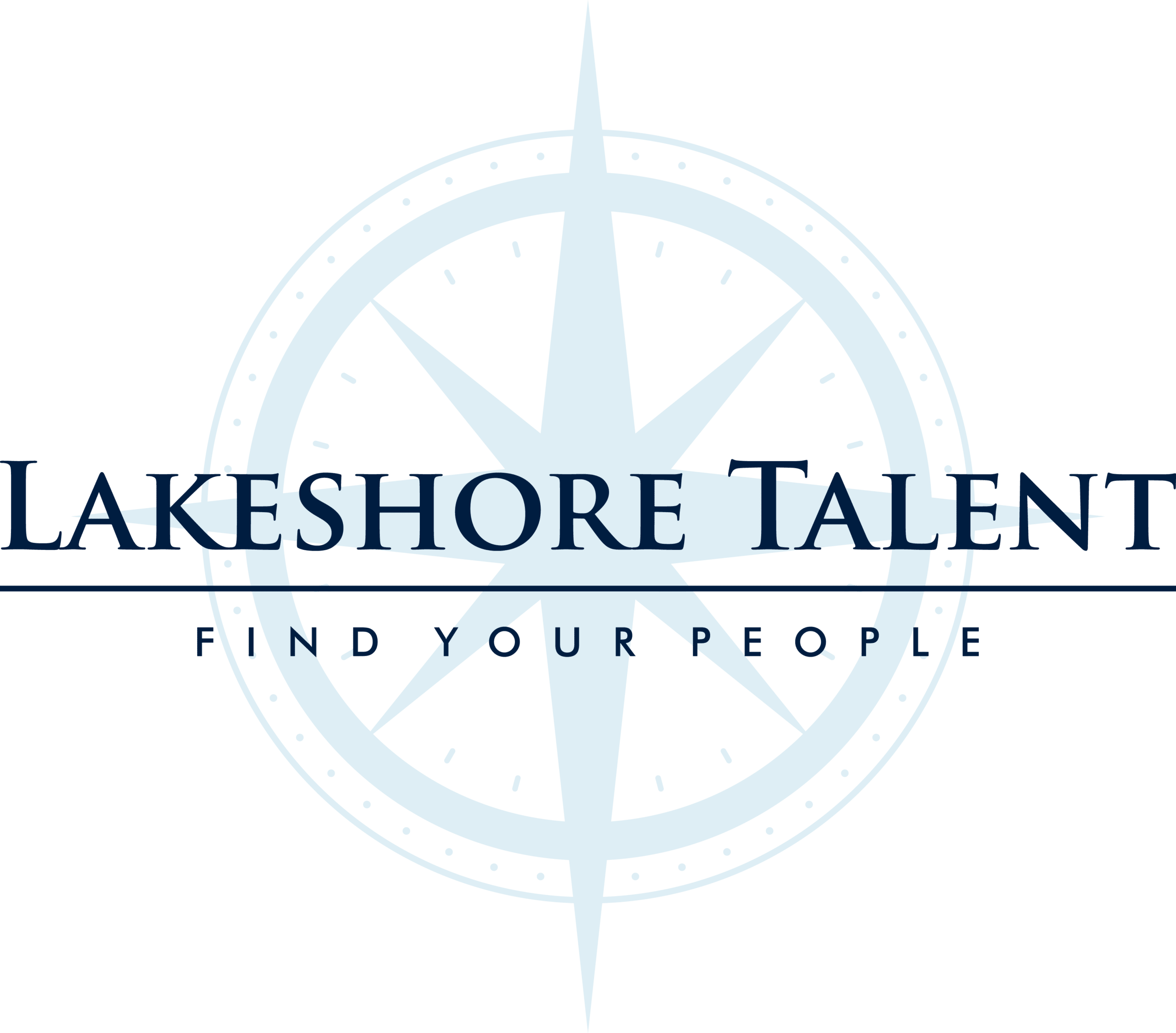As a specialist staffing agency, it’s our job to stay on top of the trends affecting hiring in the healthcare industry. Our market insight, experience, and knowledge help to set us apart from other recruiters.
Since the pandemic, the world of recruiting has evolved at a rapid pace. Companies can now access a global talent pool more easily, and candidates expect more from their employers. Understanding the key staffing and recruitment trends in 2023 will help you recruit and retain the best talent in your healthcare roles.
What will affect your hiring strategy for open healthcare roles in 2023? Here are the recruitment trends you’ll need to consider that are shaping the hiring landscape in 2023.
Global Talent Pools
The world is becoming increasingly interconnected, and this is reflected in the hiring market, too. With the rise of remote work, companies are now able to source talent from anywhere in the world. This offers a wider pool of talent for hiring managers to draw from, increasing the chances of finding the ideal candidate. The pandemic caused the trend of virtual nursing and remote nurses to accelerate, and we can expect this to continue.
Digital Verification
In an age where data security is of the utmost importance, digital verification – the use of technology to verify the identity and background information of job candidates ─ is becoming an increasingly vital part of the hiring process. This helps employers to reduce the risk of hiring an individual with a criminal record or fake qualifications. This is especially important in the healthcare sector, where data security and privacy are not only crucial, but legal requirements.
By utilizing digital verification methods, employers can quickly and efficiently verify the information provided by job candidates, making the hiring process more efficient and secure.
Remote Interviewing and Onboarding Process
Thanks to advances in technology, remote interviewing and onboarding have become much more common. From video interviews to virtual training sessions, this trend allows for a more flexible and streamlined hiring process, saving time and resources for both the employer and the candidate.
Professional Development and Career Progress
Talented healthcare professionals are no longer content with staying in roles with limited growth opportunities. They seek professional development programs and career progression opportunities – and they are willing to explore new opportunities in order to achieve these goals.
In a market that is facing a shortage of skilled workers and a high demand for services, offering career progression opportunities is essential to attracting and retaining top talent.
Employer Branding
With so many talented candidates to choose from, employer branding is becoming increasingly important. By establishing a strong brand and promoting positive employee experiences, companies can attract the best candidates to their organization.
Employee Well-Being and Work-Life Balance
In the healthcare sector, where employees often work long hours and deal with elevated levels of stress, a focus on employee well-being and work-life balance is particularly important. It’s crucial for employees to feel supported both in and out of the workplace, especially when working in high-pressure environments.
To achieve this, employers are adopting various strategies, such as offering flexible working hours, remote work options, and time off for self-care and mental health. They are also providing wellness programs, such as gym memberships, healthy snacks, and on-site meditation rooms. These initiatives are designed to help employees maintain a healthy work-life balance, which in turn leads to increased productivity, reduced stress, and a more positive work environment.
Aging Healthcare Workforce
According to AACN, the healthcare sector is about to face a wave of retirement in nursing. By 2025, the shortage could be ‘twice as large as any nursing shortage experienced in this country since the mid-1960s.’
Currently, more than half the RN workforce is aged at least 50. The reality of an aging and rapidly retiring nursing population is upon us, and this year could witness more nurse retirements than any other previously.
With an aging healthcare workforce, it’s becoming increasingly important for companies to focus on succession planning. This involves identifying and training the next generation of healthcare professionals, ensuring that the sector continues to thrive and meet the needs of patients.
How Will You Shape Your Hiring Strategy in 2023?
The healthcare sector is experiencing significant changes in 2023 that are shaping the hiring landscape. From the rise of global talent pools to a rapidly aging workforce, employers must be proactive to attract and retain top talent.
These trends highlight the need for companies to adapt to new technologies, such as remote interviewing and onboarding processes, as well as promoting professional development and career progression opportunities and well-being in the workplace.
As the sector faces largescale retirements, employers must focus on succession planning to maintain the continuity of quality care.
By staying on top of these trends, companies can stay ahead of the competition to attract and retain the best talent in the healthcare sector. This is where Lakeshore Talent comes in. To learn how we help our clients maintain their competitiveness through high-quality and flexible staffing solutions, contact us today.
